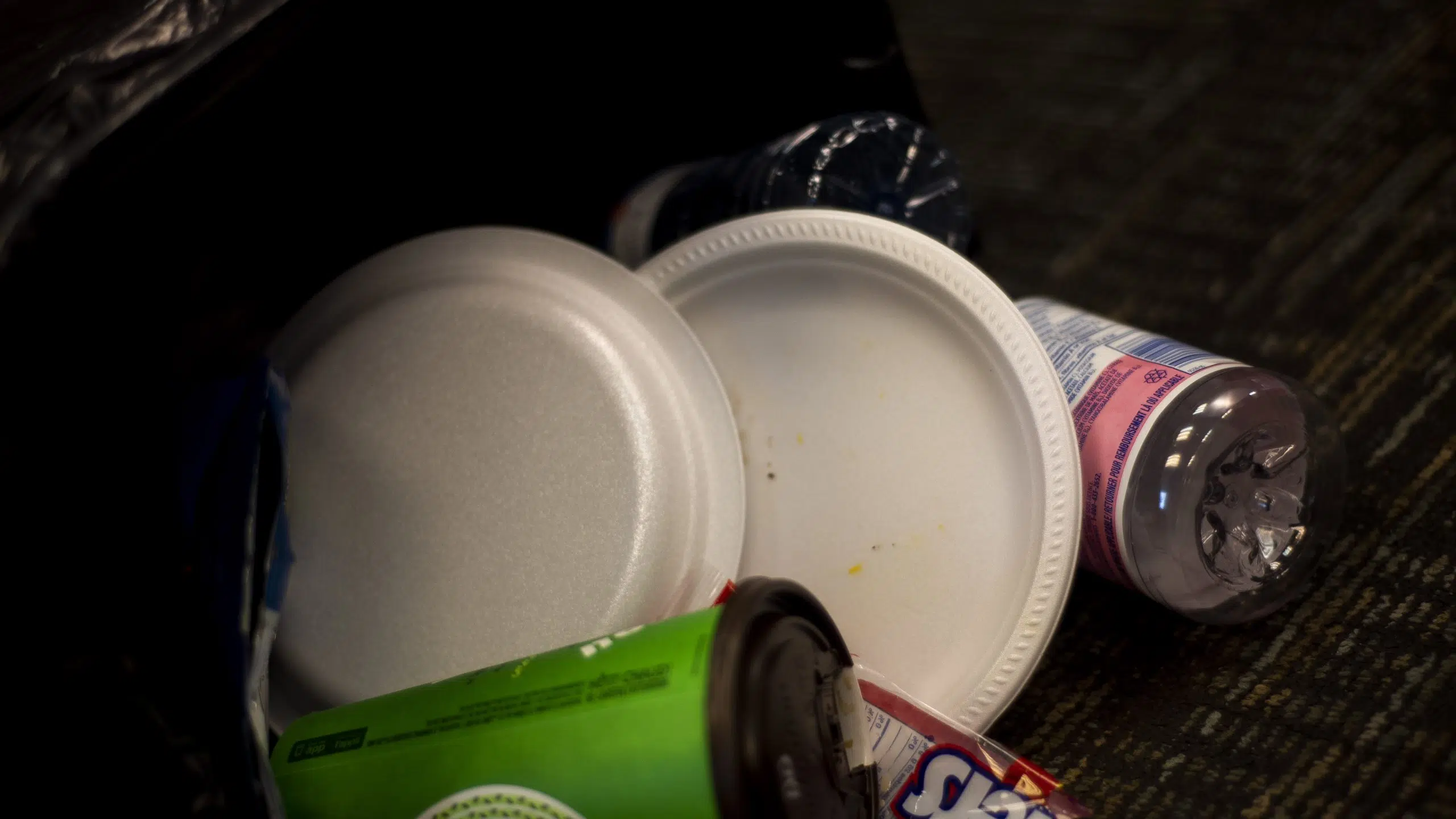
Single-use plastics under the microscope at home and abroad
More than 150 million tonnes of plastic waste is polluting oceans worldwide, and it’s estimated that plastic could outweigh fish by 2050, according to the federal government.
Approximately eight million tonnes of plastics enter our oceans each year, according to the Ministry of Environment and Climate Change, the equivalent of dumping the contents of one garbage truck full of plastic into the ocean every minute. The chief contributor to this is single-use plastics, the category which includes plastic bags, straws, coffee stir sticks, soda and water bottles, and most food packaging. It’s estimated that less than 11 per cent of plastics are recycled in Canada, marginally above the global rate of about 9 per cent.
Haste has been urged on stemming the seemingly endless flow of plastic waste into landfills and oceans and has become a growing focus, with all levels of government and even corporate entities lining up to help curb the problem.
The topic surfaced last week at the Federation of Canadian Municipalities conference in Halifax, where federal NDP leader Jagmeet Singh wove a message about reducing marine litter into his talk on reducing emissions and promoting green alternatives. He said Canada could start small by banning plastic straws and introduce alternatives before widening the ban.


